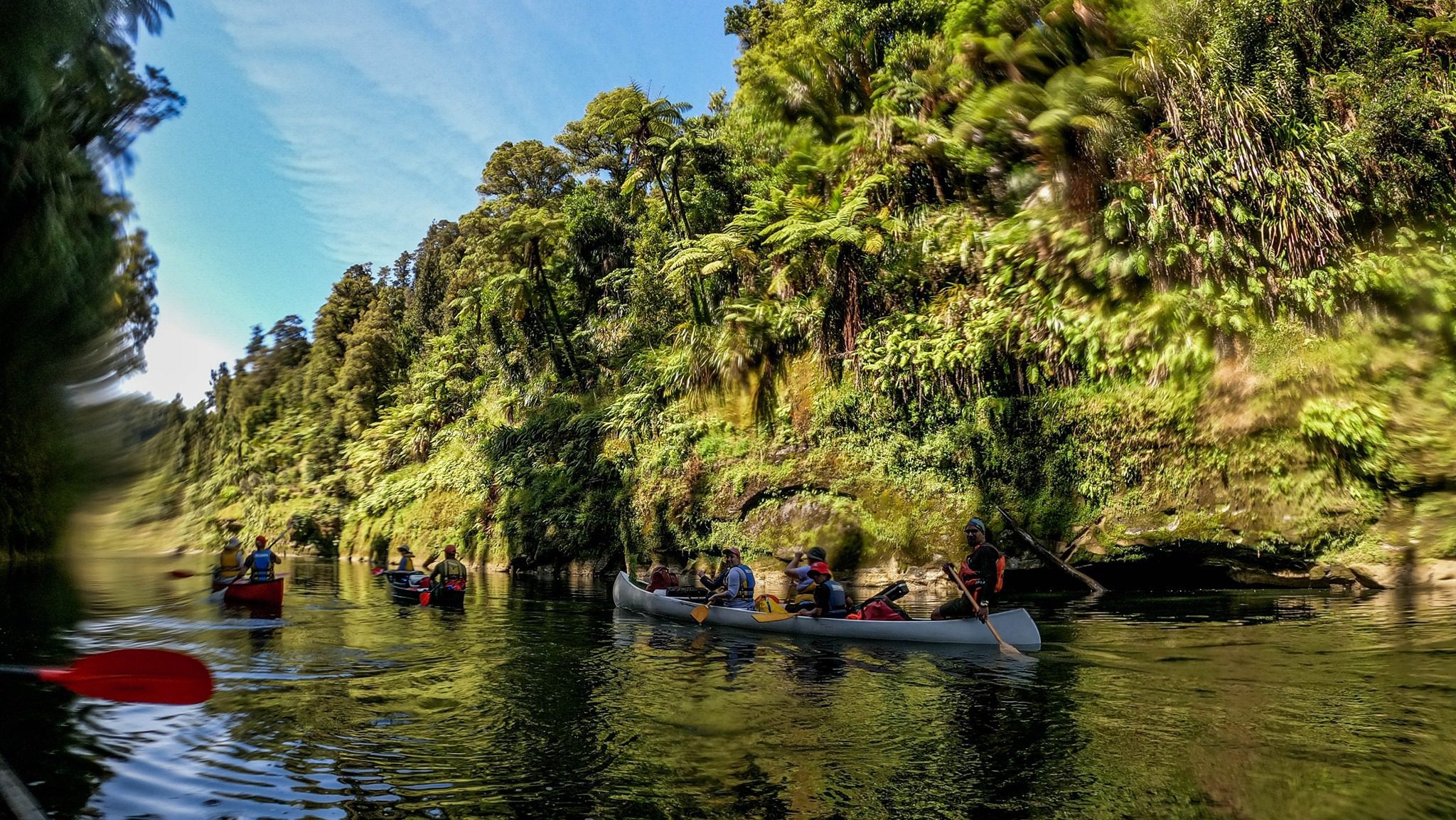Environmental Sustainability
Environmental sustainability is an interdisciplinary field that integrates natural and social sciences, humanities, arts and education to address complex environmental problems. It attempts to balance human needs and ecological well-being, viewing humans as embedded within environmental systems.
As a student in the environmental sustainability program, you’ll learn how to understand the complex linkages between social and ecological systems and bring together knowledge from many different perspectives and disciplines. You’ll analyze environmental issues, collect data, connect the local and the global, apply various forms of theory, gain technical and applied skills and work collaboratively with others to find solutions to real-world environmental problems.
Start your adventure
Sign up for more information about Earlham College.
Understanding environmental systems through interdisciplinary research
This program prepares you through a collection of multi-disciplinary courses and a core environmental sustainability course sequence that helps you frame and link those diverse perspectives. In each core course, you’ll practice collaboratively addressing complex environmental problems, gaining increased autonomy and leadership throughout your four years.
Earlham is committed to sustainable living on campus and offers many opportunities for students to participate in environmental activities and initiatives. Learn more about our high sustainability ratings as a college and how we pursue sustainability at Earlham.

Outcomes
Recent graduates have pursued advanced degrees in forestry and natural resources, environmental policy and management, environmental and urban planning, veterinary medicine, earth and earth resources, and philanthropy and nonprofit management.
of work seekers who majored in a cross-divisional major between 2018-2022 were employed, pursuing graduate school or volunteering within six months of graduation.

Careers
Top industries for environmental sustainability majors in the classes of 2018-2022 are non profits, sports and leisure, animal and wildlife, farming, forestry, education and more.

Off-campus study and research
From faculty research on sustainable cities in Europe to our popular semester program in New Zealand, environmental sustainability majors have a variety of options for studying around the world.
Frequently asked questions
There are several ways to get involved in co-curricular environmental activities and initiatives at Earlham, such as the Student Sustainability Corps, composting or the Sustainability Progress Committee.
In addition, you can learn more about the College’s comprehensive commitment to sustainability and high sustainability ratings and find a summary of various environment-related information and opportunities about sustainability at Earlham, including information about Earlham’s Center for Environmental Leadership, our outstanding Outdoor Education and Summer Wilderness programs and Miller Farm, where students practice sustainable agriculture on campus.
Environmental sustainability majors are encouraged to participate in off-campus study, faculty-student research experiences and internships. Recent majors have studied in New Zealand, done research in Iceland and other European countries and interned at the Joint US-China Collaboration on Clean Energy, Conserve National Forests, San Andres Education Programs and Cope Environmental Center.
Learn more about available programs via our Center for Global and Career Education.
If you’re interested in a career in environmental sustainability, this is the major for you. You will develop strong research and technical skills that make you an excellent candidate for both graduate school programs and careers in environmental fields.
Our faculty
Because environmental sustainability is an interdisciplinary major, our faculty come from diverse departments, including politics, biology, geology, Japanese studies, outdoor education and English.